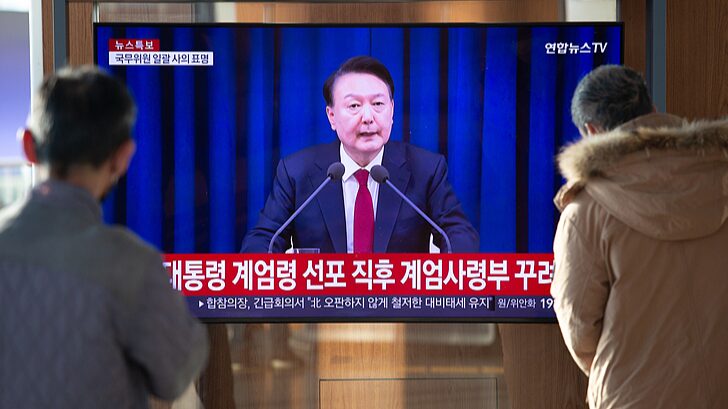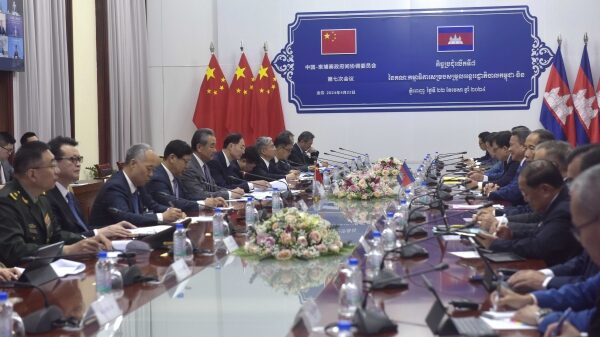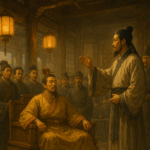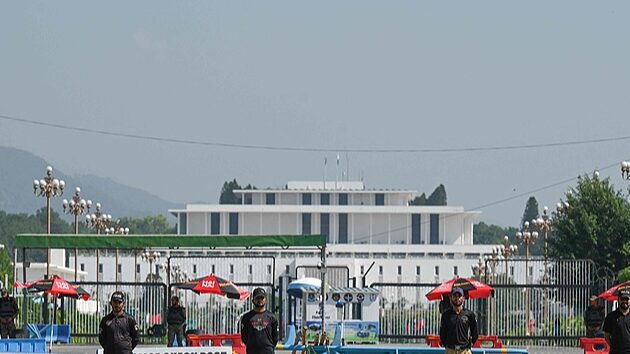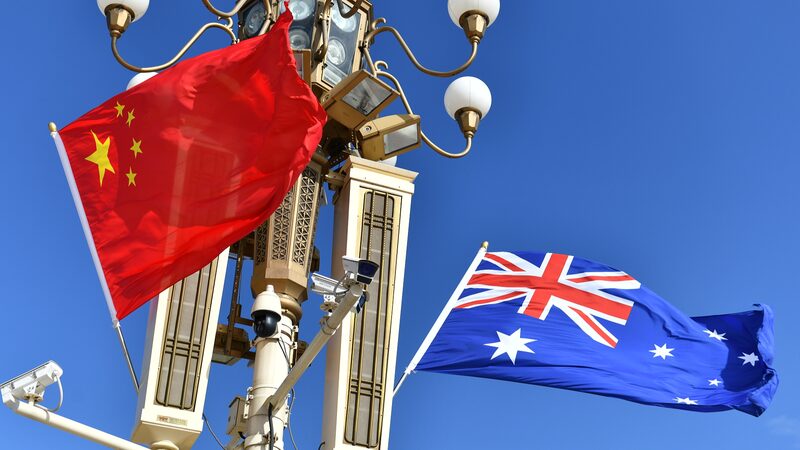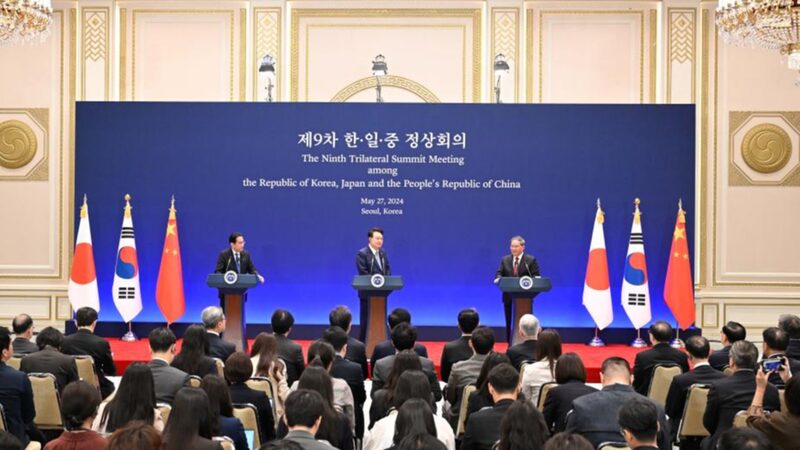Seoul, South Korea — In a significant step towards enhancing regional cooperation, the People’s Republic of China and the Republic of Korea (ROK) held their first vice-ministerial level ‘2+2’ diplomatic and security talks in Seoul on Tuesday. The meeting marks a pivotal moment in strengthening ties between the two nations amidst evolving geopolitical landscapes.
The talks were co-chaired by China’s Vice Foreign Minister Sun Weidong and Deputy Director of the Office for International Military Cooperation of the Central Military Commission Zhang Baoqun, alongside the ROK’s Vice Minister of Foreign Affairs Kim Hong-kyun and Director General of the International Policy Bureau of the Ministry of National Defense Lee Seung-buhm.
During the meeting, both sides engaged in candid and in-depth discussions, briefing each other on their respective foreign and security policies. They exchanged views on bilateral relations and addressed international and regional issues of common concern.
Reaffirming their commitment to good-neighborly friendship and mutually beneficial cooperation, China and the ROK agreed to actively conduct dialogues and exchanges at all levels. Emphasizing the importance of strengthening communication through institutional dialogues such as high-level strategic dialogue between foreign ministries and the ‘2+2’ diplomatic and security talks, they aim to enhance mutual political trust, promote practical cooperation, and advance the sound and steady growth of their strategic cooperative partnership.
The two nations also agreed to bolster local and youth exchanges to foster friendly relations between their peoples. This initiative underscores the shared desire to build stronger societal ties that complement diplomatic and security cooperation.
Addressing matters related to core interests, the Chinese side articulated its firm position on the Taiwan question, urging the ROK to handle related issues appropriately. In response, the ROK reaffirmed its unwavering adherence to the one-China principle.
On security matters, China emphasized its advocacy for common, comprehensive, cooperative, and sustainable security. It called for respecting the legitimate security concerns of all countries and encouraged global security cooperation through dialogue and consultation. Both countries, as beneficiaries of economic globalization, acknowledged the importance of maintaining the stability of global production and supply chains. They expressed a shared commitment to resist the pan-politicization and pan-security of economic issues and to oppose trade protectionism and the establishment of barriers.
The Korean Peninsula issue was a focal point of discussion. The Chinese side emphasized that maintaining peace and stability on the peninsula serves the common interests of all parties, including China and the ROK. Highlighting the urgency to de-escalate tensions and pursue political solutions, China pledged to continue playing a constructive role in its own way, basing its positions on the merits of each situation.
The ROK side addressed recent exchanges and cooperation between the Democratic People’s Republic of Korea (DPRK) and other nations. In response, China noted that as friendly neighbors, countries have legitimate needs for bilateral exchanges and cooperation. It clarified that the ‘2+2′ diplomatic and security dialogue between China and the ROK was a pre-arranged initiative aimed at developing bilateral relations and is independent of other nations’ interactions.
The inaugural ‘2+2’ talks at the vice-ministerial level between China and the ROK represent a significant stride in deepening mutual understanding and collaboration. Both nations expressed optimism for future engagements that will contribute to regional peace, stability, and prosperity.
Reference(s):
cgtn.com

